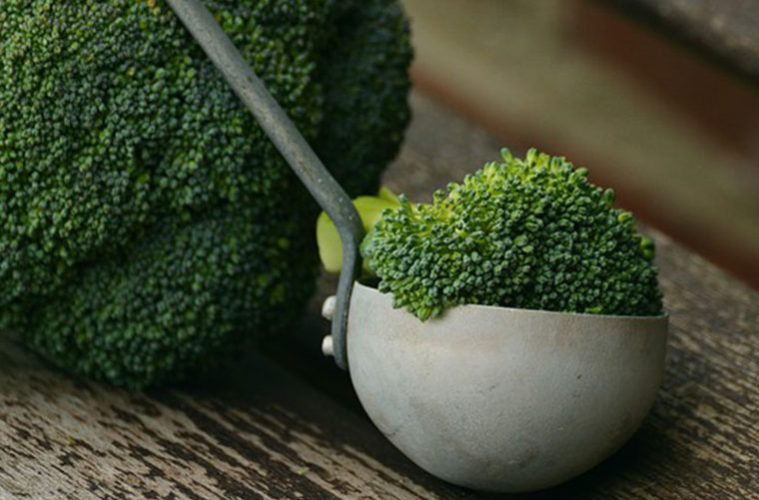Healthy Eating Tips
As a Uni student, it isn’t difficult to fall into a routine full of bad eating habits. However, there are many straightforward ways that can prevent you from getting stuck in an unhealthy groove.
Meal Prep. Meal prepping isn’t as scary as it first may seem: essentially, meal prep means planning and prepping your meals in advance for the week ahead. The idea of meal prepping is to save you time in the kitchen and to ensure that you’re eating healthily throughout the week. When you’re in a rush, or heading home after a long day, having your meals already prepped will cease the temptation of ordering a takeaway or heating up the unhealthy ready-meal you have stashed in your fridge. All you need is some groceries and several tupperware boxes – what’s stopping you?
Keep Hydrated. It’s essential that we drink plenty of fluids throughout the day to prevent us from becoming dehydrated. However, you should aim to avoid soft and fizzy drinks that are high in added sugars and calories. Alternatively, you should try to introduce more water into your diet – it is recommended that you should drink between 6 to 8 glasses every day. Drinking the correct amount of water will help to prevent headaches, improve your skin, encourage better performance and decrease negative feelings.
Don’t Skip Breakfast. Now, this is something we can all relate too: I’m sure we’re all guilty of skipping breakfast every so often! When you’re running out of the door in a rush, the last thing on your mind is cooking up a nutritious breakfast meal. Although, breakfast is actually considered the most important meal of the day. This is because it breaks your overnight fast, replenishing your glucose levels and providing you with essential nutrients which will keep your energy levels high throughout the day. Skipping breakfast may decrease your mental performance and attention span, which isn’t ideal when you’ve got a day of lectures ahead. So, as much as the thought will pain you, set your alarm 15 minutes earlier to ensure you satisfy your hunger. You’ll thank yourself later!
Cut Down on Saturated Fat and Sugar. Eating sugary foods to often can lead to weight gain, which could consequently increase the risk of health conditions such as heart disease and type 2 diabetes. Several foods, such as certain cereals and fizzy drinks, are deceptively high in sugar. Did you know that there’s 35 grams of sugar in a 300ml can of Coca-Cola? That’s 7 teaspoons! Similarly, eating a diet that is high in saturated fat can lead to weight gain and raise the level of cholesterol in your blood, increasing the risk of heart disease. Don’t get me wrong, a small amount of fat is essential as part of a healthy diet. However, when possible, you should try to swap saturated fats for unsaturated fats – this will help lower cholesterol. A few examples of foods that contain saturated fats are nuts, oily fish and avocados.
Written by Amy Parrack




